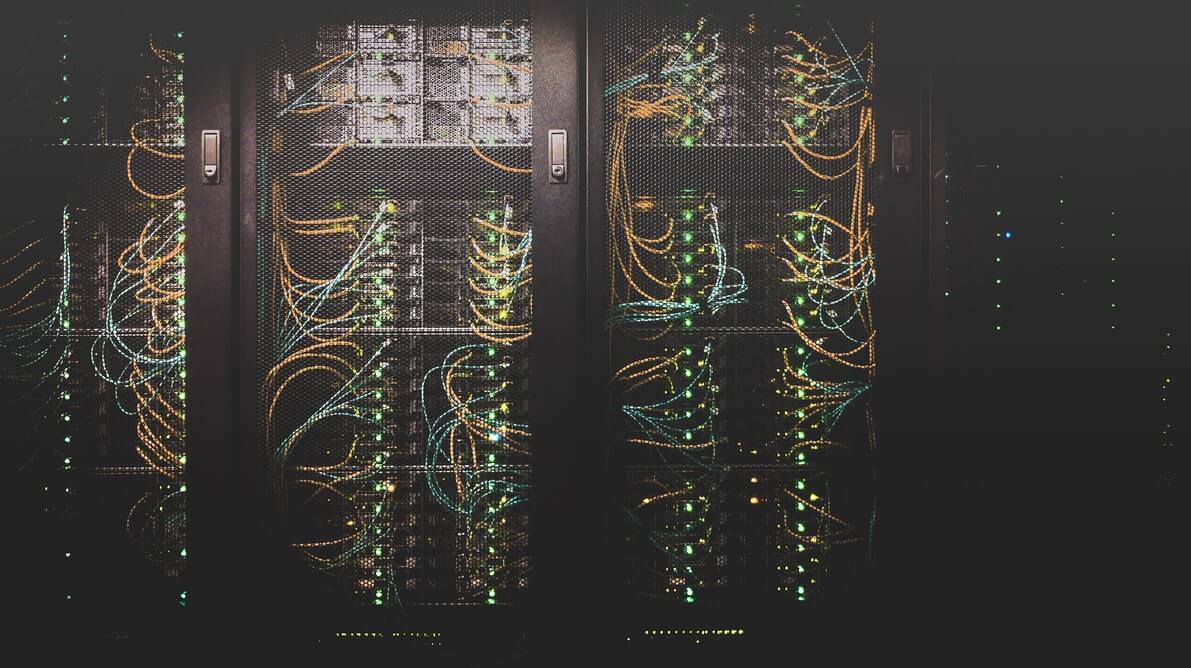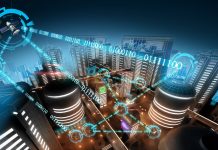
Pervasive computing wouldn’t come off as a term popularly known to beneficiaries of it. This term, also called ubiquitous computing, is a common trend that involves the provision of the computational capability to day-to-day objects to make them perform more effectively than they used to. The modern-day coffee maker, CCTV cameras, smoke alarm, etc. are all products of this concept.
To bring this concept to life, not only in household appliances but also in natural and human-made objects, some form of interconnectivity must be established. This is done using the fast-growing Internet of Things (IoT) technology. Applicable on both small and large scales, this system embodies billions of devices with Internet access, all connected and sharing data.
The Drive for Smart Cities
Making efficient use of a society’s resources is just as paramount as bettering its citizens’ lives. To achieve both, a confluence between governance, culture, and technology must be formed. This is where IoT comes to play in the development of a smart city. A smart city uses various sensors and microchips to collect data, process them, and use these processed data to achieve an intelligent environment through intelligent governance.
As mentioned above, the need to improve quality of life, security, energy-saving, and infrastructure management is the driving push behind smart cities’ transformation.
Talking Points on Smart City Trends
Taking a deeper dive into the points mentioned above, explained below are some of the global trends concerning smart cities:
Energy Saving: According to Enerdata, although the rate of power consumption in 2019 increased by only 0.7%, the preceding eight years had seen an average of a 3% increase in power consumption yearly. This constant power demand has to be met by access to renewable energy to save our ozone layer. IoT technology in smart cities can offer solutions that reduce energy consumption, diverting energy from zones where they are wasted to zones that need power more. This would provide a balanced demand/supply ratio on energy grids.
Security: The need for better and improved safety in society cannot be overemphasized. Aside from facial recognition technology, which has proven helpful, biometric technology and real-time satellite imagery can also be used in crime-solving and law enforcement planning.
Infrastructure Management: Although many structures are designed to stand the test of time and harsh environmental conditions, all structures are still prone to wear. To correctly manage structures, IoT sensors can be embedded in these structures to provide comprehensive data, including the rate of degradation and safety status useful to the personnel in charge of them.
Data Privacy and Smart Cities
Just like with any technology connected to the Internet, the concept of IoT in smart cities also has its drawbacks. Artificial Intelligence (AI) and Machine Learning (ML) are the core software development techniques deeply rooted in IoT. These technologies are driven by several streams of data collected from various sources. Unfortunately, most of these data, gotten both legally and illegally, can be exploited by both the government and cyber criminals if they can lay their hands on them.
Asides the possibility of identity theft by cybercriminals, unwarranted acts such as singling out protesters and pursuing crime without following due process are ways by which the government can exploit the data gathered from citizens.
“Taking data into your own hands.”
It is safe to say there’s a need for some concern and safety measures to be taken by citizens to protect their data. Public networks are a few ways data could be collected from people, not only by the host but also by unscrupulous elements waiting on the system to siphon data.
One surefire way to prevent this is to use a VPN. Many would think that VPNs are mainly for changing IP addresses, but there’s much more to what a VPN can do. Click here for information on how VPNs work and how they can be used to safeguard your personal information from spying eyes.
Conclusion
The idea behind a smart city is a welcome one since it helps improve the quality of life. However, it is almost a case of “dining with the devil” if the appropriate measures are not employed to achieve this objective. Knowing this, it is pertinent that everyone takes full control of their data security, particularly the ones willingly provided online.
View more : Top 6 Smart City Initiatives in 2020

Taylor is a freelance SEO copywriter and blogger. His areas of expertise include technology, pop culture, and marketing.













